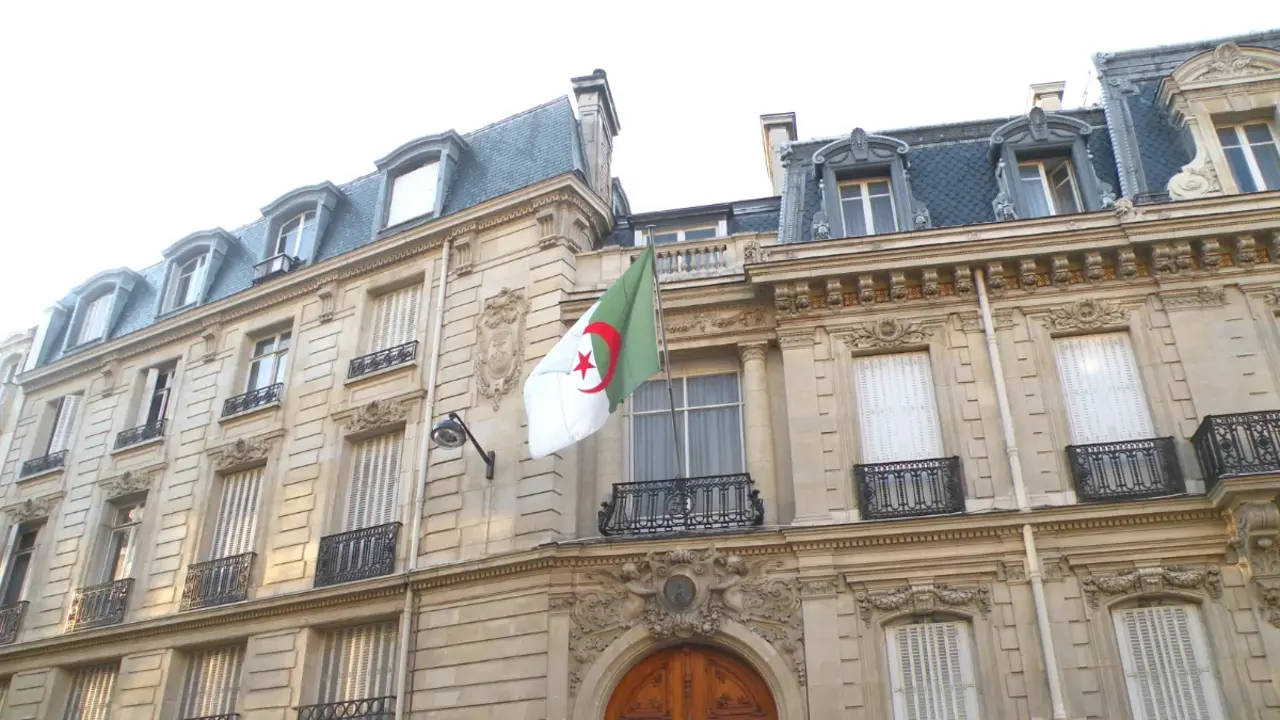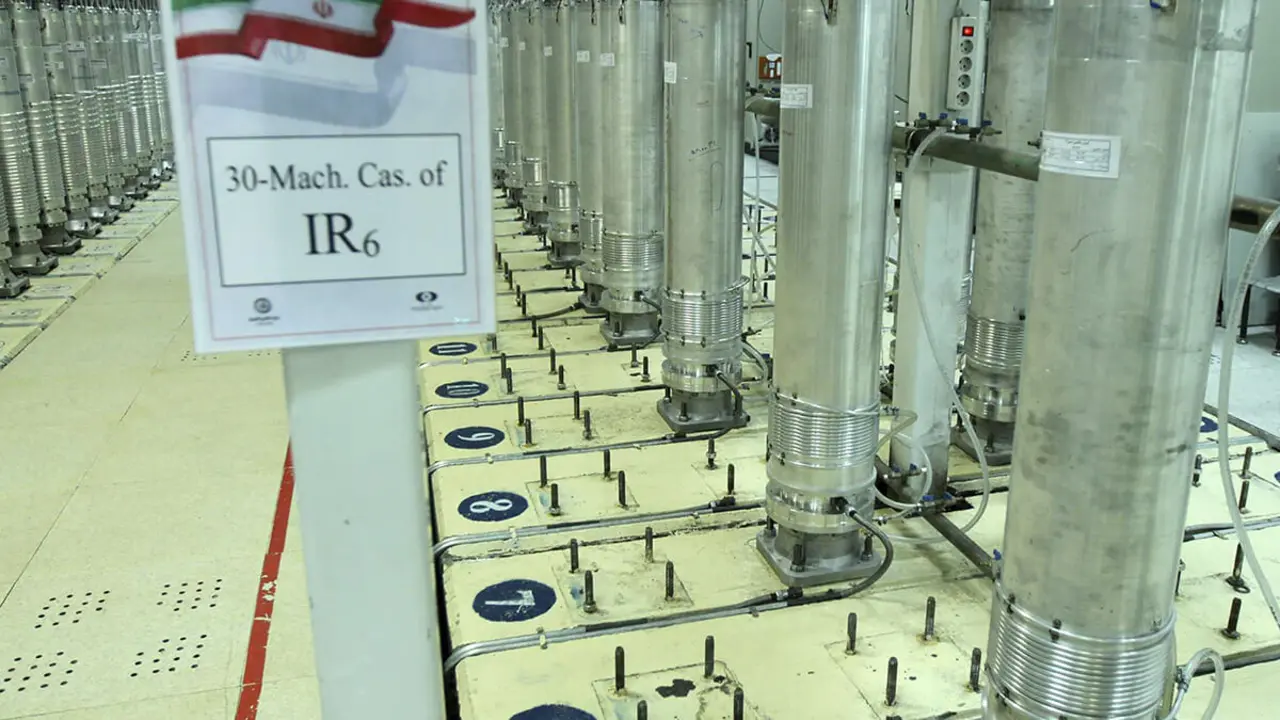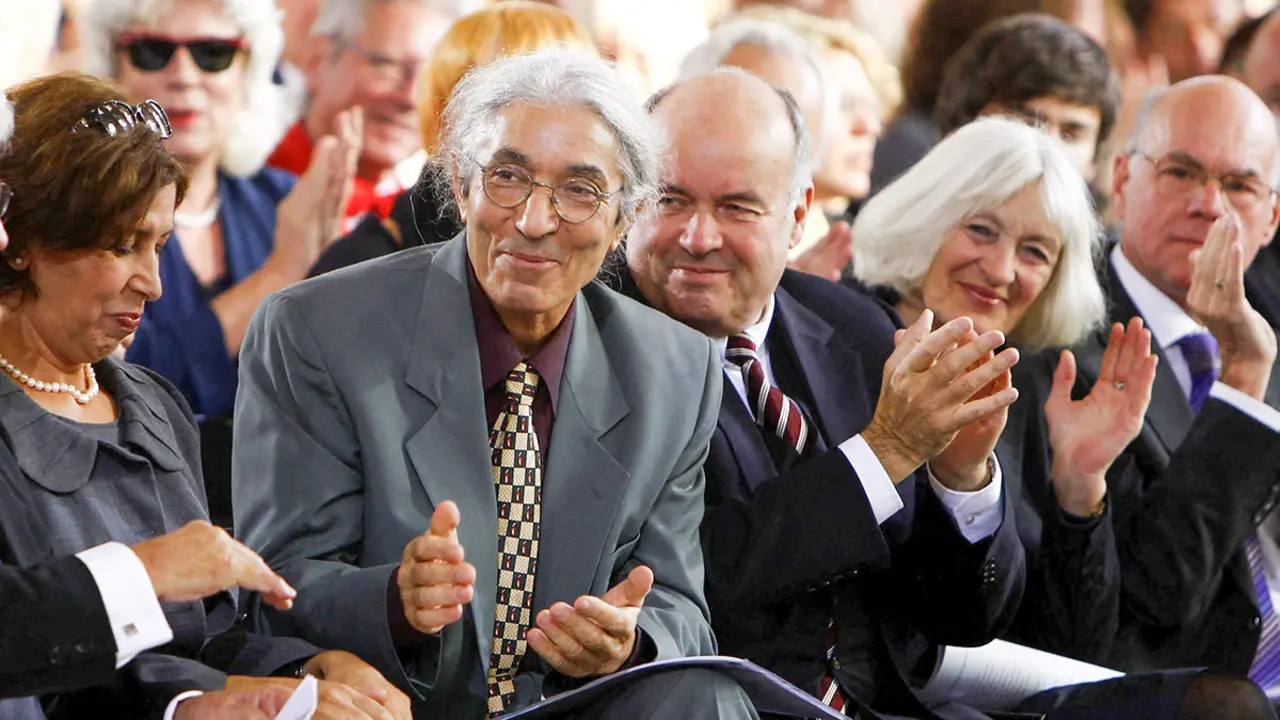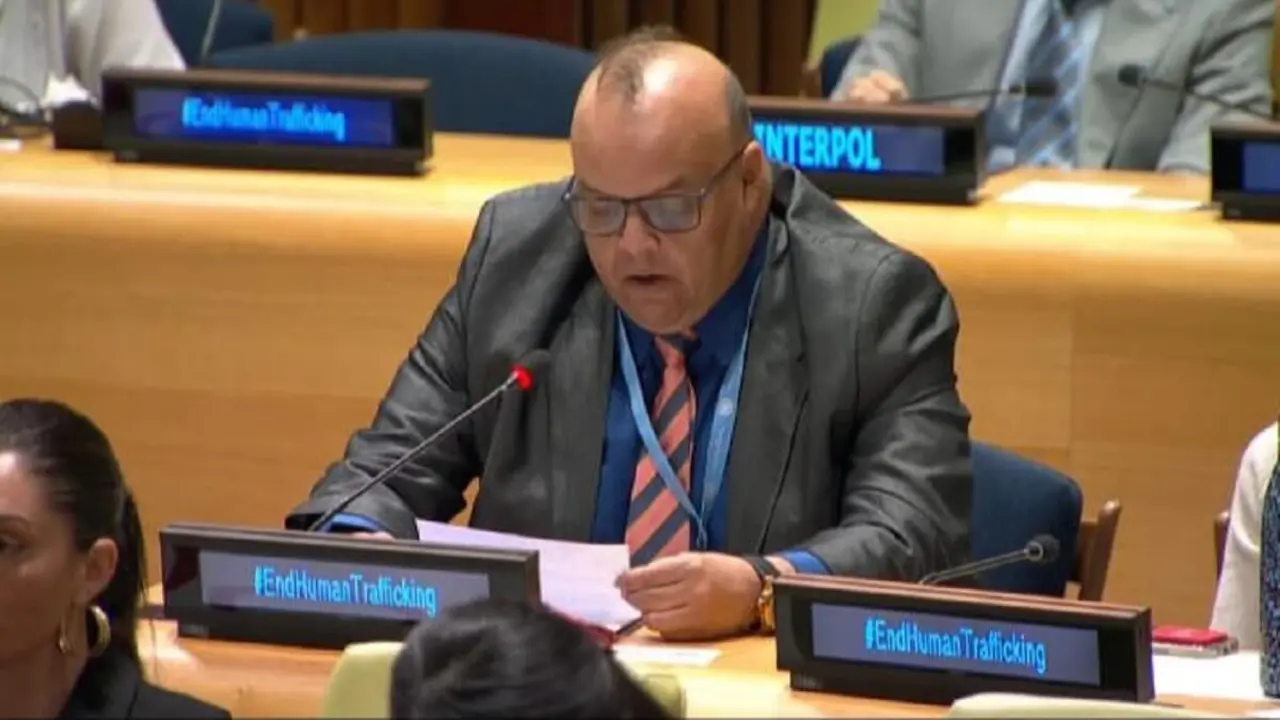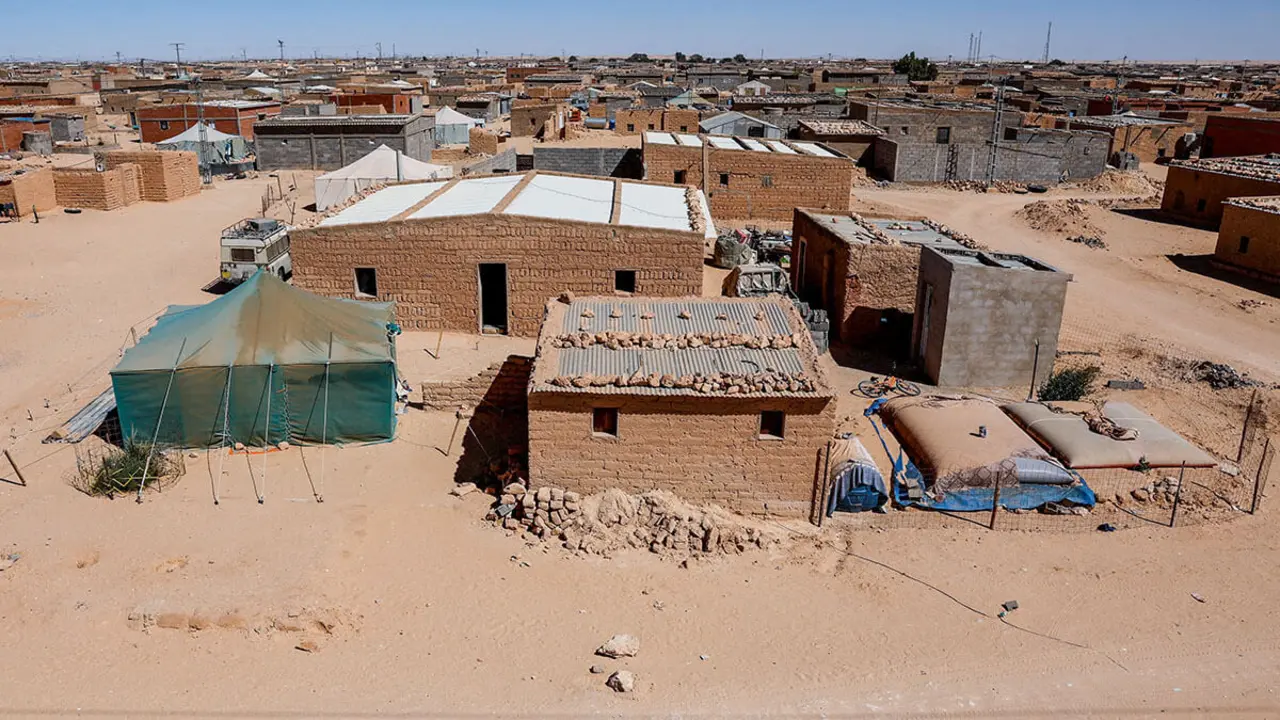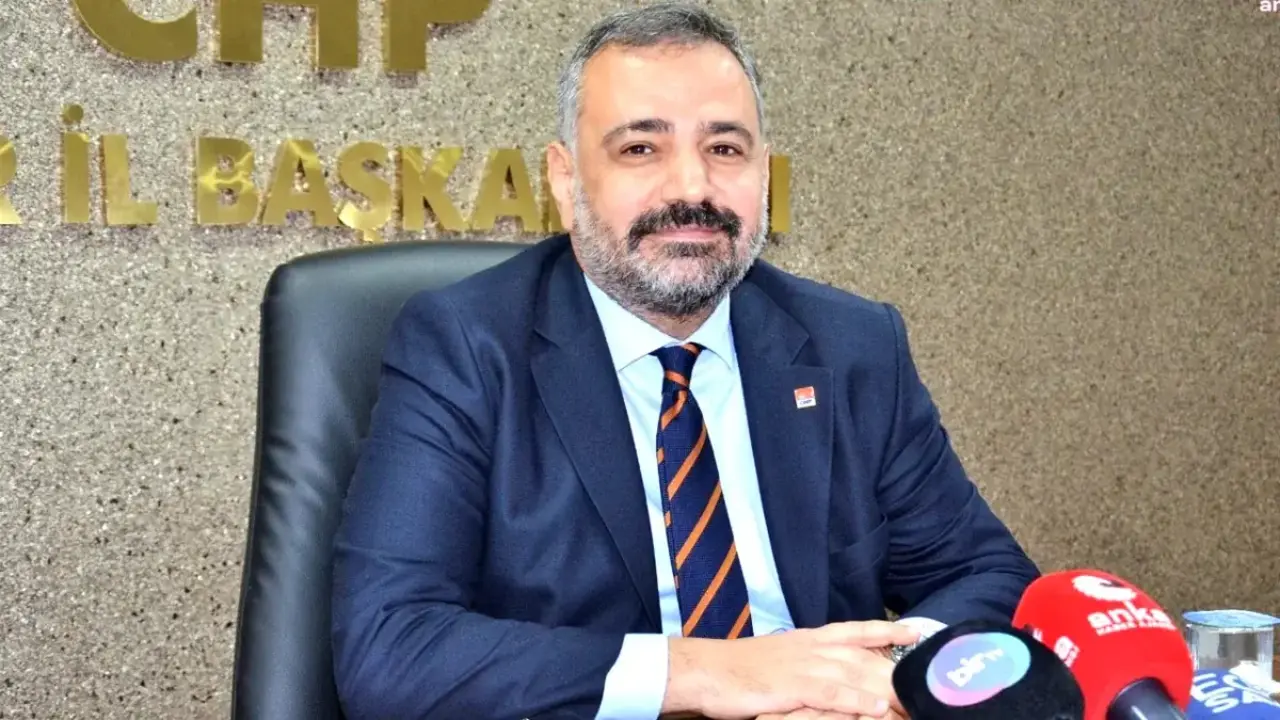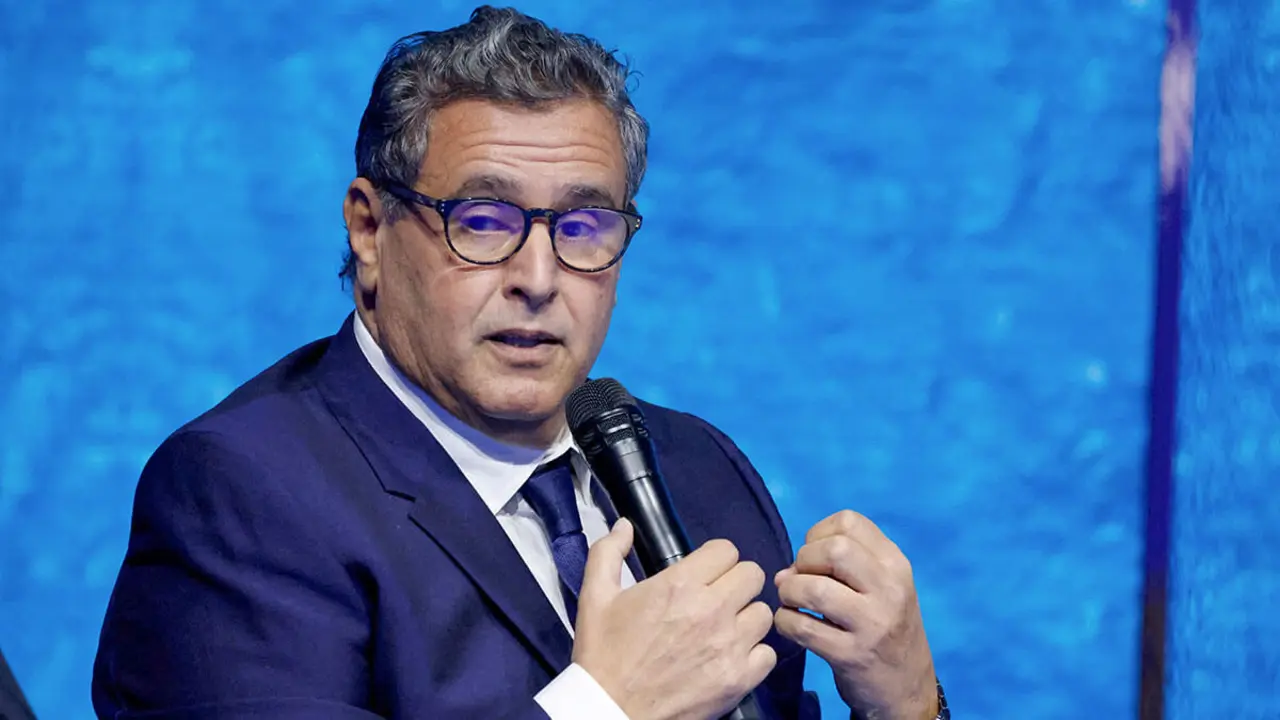Michel Aoun announces return of Syrian refugees to their country of origin starting next week

The country with the highest number of refugees per capita in the world is preparing to move them back home. Michel Aoun, Lebanon's president, announced yesterday that Beirut will begin returning Syrian refugees to their country of origin. The return of some groups of refugees is scheduled to begin at the end of next week. This decision has not gone down too well with the vast majority of human rights groups, who have warned on numerous occasions of the risk of returning to Syria at this time.
However, Aoun has decided to turn a deaf ear to such warnings and has announced that the return of refugees will take place soon. However, all those who do so will be because they have voluntarily registered to return with the Lebanese General Security agency which, with the collaboration of the Ministry of Social Affairs, will carry out the entire operation. Therefore, none of the refugees currently in Lebanon would be forced to leave. However, the voluntary nature of the transfer has not convinced the various associations, which continue to warn that it would be dangerous for these people to return to their country of origin.

It is important to bear in mind that more than 1.5 million of Lebanon's six million inhabitants are refugees. And of that 1.5 million, more than 600,000 are not registered with the United Nations High Commissioner for Refugees (UNHCR). The UNHCR itself advises against the return of Syrian refugees as they believe that the conditions in the country do not allow for a safe return. Moreover, the association has disassociated itself from the initiative and will not participate in it.
Human Rights Watch (HRW) is in line with UNHCR, and already stated last July that "Syria is anything but safe for returnees". To support this idea, the director of HRW's Middle East Division, Lama Fakih, explained that "Syrian refugees who returned between 2017 and 2021 from Lebanon and Jordan faced serious human rights abuses and persecution at the hands of the Syrian government and affiliated militias". This is coupled with the UN Syria commission's report issued in September stating that the country is not yet safe for refugee returns.

Lebanon's initiative builds on some of the changes that have taken place in Damascus, such as the amnesty granted by Syrian President Bashar al-Assad earlier this year. Among the crimes included in this amnesty are many of those committed by Syrians who left the country during the 11-year conflict. In addition, some of the measures applied to young men who had fled compulsory military service have been eased. But despite these moves, refugee associations see no guarantee that they will be fully respected and claim that they are not sufficient to guarantee the safe return of refugees.

